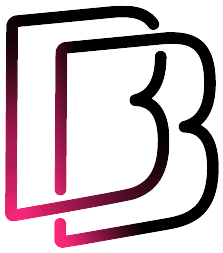
You either love it or hate it, but one thing’s for sure: we’re all curious about the powers of acupuncture. It’s not everybody’s cup of tea. But those that swear by it, prefer it to the rejuvenation and relaxing powers of massages. Today, we have acupuncturist Dr. Preeti Jatin Chande to break it down for us. And frankly, you can’t completely dismiss its effectiveness before trying it once, can you?
BB: How many acupuncture sessions does one need?
PC: “The number of sessions needed differs widely. For complex or long-standing conditions, treatments for several months may be recommended. However, for acute problems fewer visits are required.”
BB: Are there any side effects to the treatment?
PC: “Usually, there aren’t any. After the session, patients may feel more relaxed and calmer. If you are very run down and tired you may feel the need to sleep because this is the best way for your body to recover and allow the healing process to begin.”
BB: Do acupuncture needles hurt?
PC: “People experience acupuncture needling differently. Many feel only minimal pain as the needles are inserted while others feel no pain at all. Once the needles are in place, there is no pain felt at all. Acupuncture needles are thin and solid. They are made from stainless steel. The point is smooth (not hollow with cutting edges like hypodermic needles) and the insertion through the skin is not as painful as injections or the prick felt during blood sampling.”
BB: Does acupuncture really work?
PC: “Yes. In the past 2,000 years, more people have been successfully treated with acupuncture than through all other health modalities combined. Today acupuncture is practiced widely in Asia, Russia and Europe. It’s fast gaining popularity in the US. Acupuncture treatments can be given while using other healing methodologies such as allopathy, osteopathic or chiropractic adjustments and homeopathy.”
